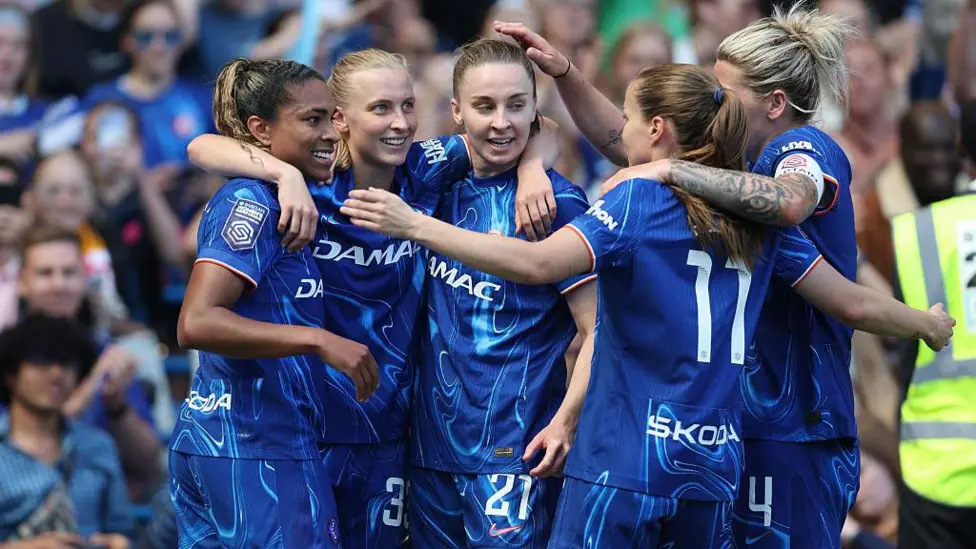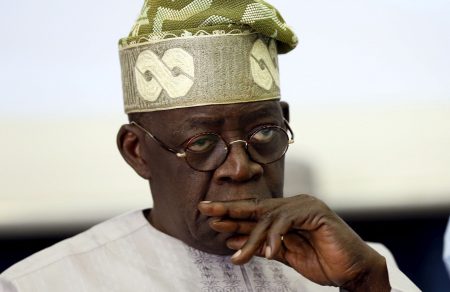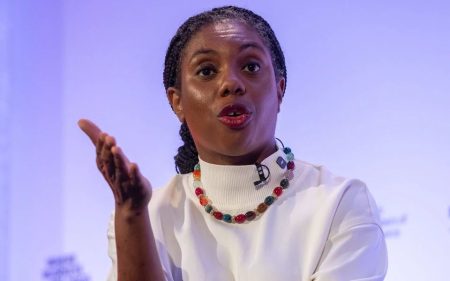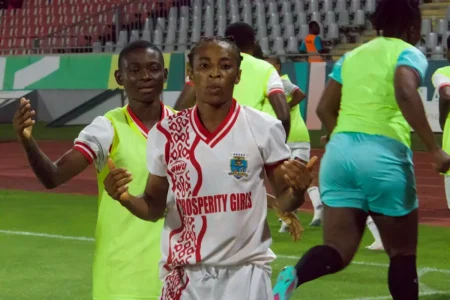For the first time in the history of English women’s football, minimum salaries will be introduced for players in the top two tiers of the professional game this season. The move, announced by WSL Football, represents a landmark step toward fully professionalising the Women’s Super League (WSL) and WSL 2.
WSL Football, which oversees England’s professional women’s leagues, did not disclose the exact salary amounts, but confirmed the minimum will constitute a “full-time wage.” The salaries will be determined by factors including player age, league level, and professional experience, following consultation with the Professional Footballers’ Association (PFA). Full details are expected when updated league regulations are published later this season.
Holly Murdoch, WSL Football’s chief operating officer, described the policy as “a really positive move” for the game. “We have so many players who have had to juggle part-time roles while playing football,” Murdoch told BBC Sport. “Being able to ensure all our players can earn a full-time wage from football is very, very important. This is just the start – it’s a framework we can develop further.”
The introduction of minimum salaries is part of a wider push to professionalise the women’s game. Clubs will also be required to meet higher standards for high-performance environments, including elite facilities, full-time staff, and enhanced welfare and wellbeing support. As part of these standards, each club must employ a full-time “performance wellbeing” officer to support players both on and off the pitch.
WSL Football has also forged partnerships with Nike and Kyniska Advocacy. Nike will provide football boots and goalkeeper gloves to all players without personal sponsorship deals, while Kyniska Advocacy will offer confidential welfare support and safeguarding guidance to players. These initiatives are intended to create a safer, more supportive environment as the women’s game continues to grow.
The move toward minimum wages comes amid rapid expansion and structural changes in women’s football. Last season, Blackburn Rovers withdrew from WSL 2 because they could not meet the league’s professional standards, while Wolverhampton Wanderers opted not to apply for promotion despite achieving success on the field. Murdoch acknowledged the challenges: “We’re balancing the growth of the game with the need to support clubs, players, and fans. Making fundamental shifts is never easy, but it’s necessary to set a professional standard.”
Multi-club ownership and investment
Another key development in women’s football is the rise of multi-club ownership. American businesswoman Michele Kang, owner of London City Lionesses, Lyon, and Washington Spirit, and Reddit founder Alexis Ohanian, who acquired a stake in Chelsea, are part of a growing trend of investors entering the WSL. While these models bring financial muscle, WSL Football is keen to ensure integrity is maintained.
Murdoch emphasised: “Multi-club ownership is evolving in women’s football. We are reviewing it carefully to unlock investment while protecting the league’s integrity. Separate boards, leadership teams, and investors have huge positives, but safeguarding competitive fairness is paramount.”
Tackling racism and abuse
The league is also prioritising player welfare amid concerns about racism and online abuse. Following Euro 2025, incidents targeting players like Jess Carter prompted arrests, highlighting the need for robust measures. Murdoch said the WSL has implemented protocols similar to the Premier League’s: “We want action, not just words. Women’s football has always been inclusive, and we must protect that. Players should be able to thrive without fear of abuse.”
Looking ahead
The 2025-26 WSL season kicks off this Friday, with Chelsea, reigning champions, facing Manchester City at Stamford Bridge. With minimum salaries, improved facilities, and enhanced welfare support, this season marks a significant step toward professional equality in English women’s football.
The reforms promise to ensure players are better compensated, protected, and supported, laying the foundation for sustainable growth and global success in the women’s game.









